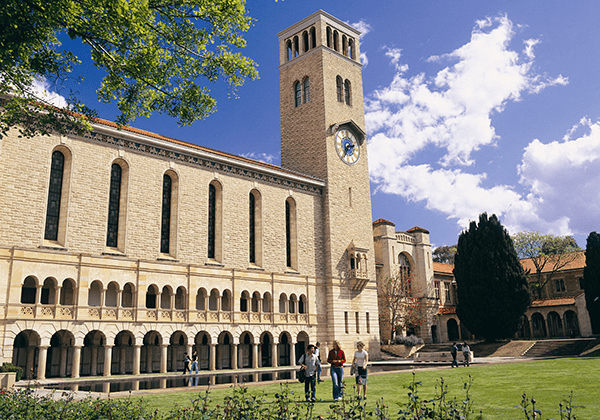University of Western Australia sociology professor Martin Forsey has commenced proceedings at the Fair Work Commission over the University’s use of false and misleading figures to justify academic redundancies and the dissolution of the sociology and anthropology discipline areas.
The University’s original change proposal justified the cuts on the basis that sociology and anthropology had suffered a 77% drop in student enrolments over the last five years. After staff raised questions over the accuracy of the figure, UWA corrected it to 40% and maintained that the cuts were still justified. However, research conducted by sociology staff has put the enrolment drop at merely 8.6%, making the two disciplines among the best performing in the School of Social Sciences.
Clause 55.4 of UWA’s Enterprise Agreement requires that formal consultation on significant change proposals include “the nature of the proposed change and underlying rationale.” Professor Forsey’s case rests on convincing the Commission that the clause imports a requirement that the rationale be based on “accurate, reliable and transparent data and information.”
In their application to the Commission, Forsey’s solicitors call for a finding that “the redundancies were a foregone conclusion, regardless of any consultation process that occurred.”
Professor Forsey told Honi that he brought the action because, despite the “enormous public response” to the change proposals and its erroneous data, “it was clear that [the University] was not going to listen to it.”
Forsey said that he hopes his case will demonstrate that UWA’s cuts are based on purely financial motives, rather than enrolment numbers, student feedback, or ‘strategic reasons.’
NTEU UWA Branch President, Dr Sanna Peden, told Honi that the dispute “is an important case that holds university management publicly accountable for its actions.”
“The NTEU has concerns about the University’s commitment to transparency. If the Head of School is now ‘not surprised’ that the [enrolment drop] is only 8.6%, you have to wonder how questionable the data has to be before the Vice-Chancellor calls a halt to the proceedings.”
“We are meant to be a highly-ranked research-intensive university, but meaningful data is thin on the ground when critical decisions about course offerings and people’s livelihoods are being made.”
UWA declined to comment while the matter is before the Fair Work Commission.
The Fair Work case over management’s rubbery numbers is not the only imbroglio to hit UWA over cuts this year.
Last month, 409 pages of confidential documents relating to cuts to science departments were leaked via a QR code plastered throughout the University’s Molecular Sciences Building. The documents revealed a list of academics set to be axed, that senior staff would be kept on as a “bargaining chip” to assure passage of the cuts, and advised those working on the change proposal to communicate so as to avoid information getting out through Freedom of Information requests.





